June 1 2023 - Tech, AI & The Economy

👋Happy Thursday everyone. Well, to the surprise of no one, the house approves a measure to suspend the debt-ceiling, we've got economic reports rolling in this week as we lead up to the June Fed meeting, more Apple headset leaks and manufacturing woes, and all the feature releases that your heart desires. Let's get into it–
Quick Take
- House passes US debt ceiling bill
- DDB NY and Adam&EveNYC officially merge
- Instacart with back to back feature launches this week
House lawmakers voted overwhelmingly to suspend the nation's debt ceiling for two years, averting a potential default. The bipartisan compromise, negotiated by President Biden and Speaker Kevin McCarthy, received support from a coalition of Republicans and Democrats, overcoming opposition from both the far-right and the hard-left. The bill now moves to the Senate, where leaders from both parties have expressed their support. The legislation would defer the federal debt limit for two years, impose spending caps, and include policy changes demanded by Republicans. The deal aims to reduce federal spending by $1.5 trillion over a decade, while allowing funding for the military and veterans' programs to continue growing. The Senate plans to quickly take up the bill to meet the June 5 deadline set by Treasury Secretary Janet Yellen to avoid a default. Some Republicans oppose the deal for not cutting enough from the federal budget, while some progressive Democrats believe it cuts too much from safety net programs.

DDB is merging its New York office with Adam&EveNYC, forming a new agency known as Adam&EveDDB New York. Caroline Winterton, current president of Digitas New York and Atlanta, is set to become the CEO of the merged agency starting in the fall. The merger aims to bring together the creative dynamism of Adam&Eve with the large-scale operations of DDB New York to create a "super agency". The current global CCO of Adam&Eve, Richard Brim, will lead the new entity. The decision to merge came after a few months of discussions, seeing it as a chance to scale up quickly and bring in new talent.
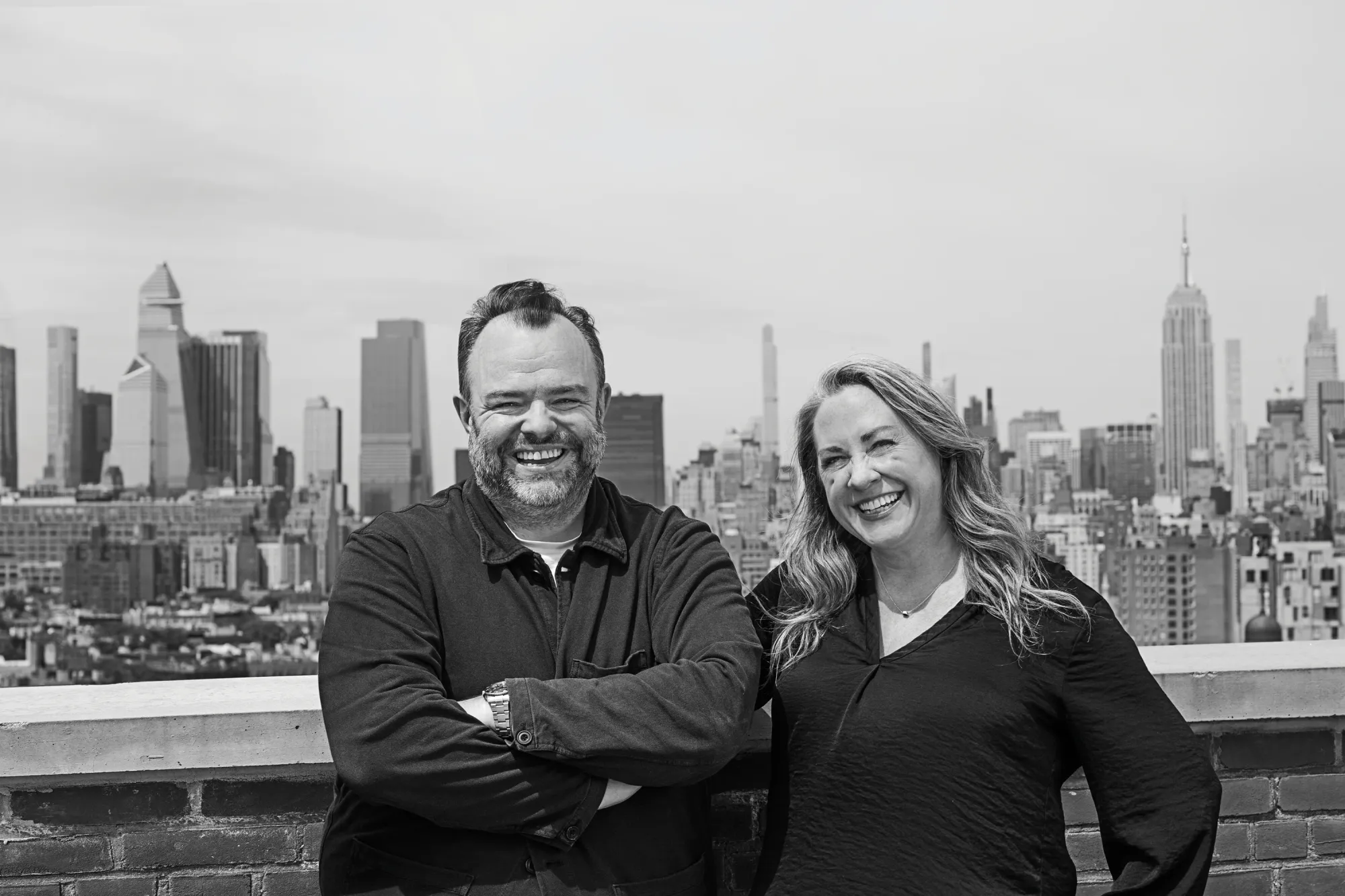
In April 2023, US job openings rose, reaching 10.1 million, as per the Labor Department's report. This indicates an increase in demand from employers, reversing the trend of a three-month decline, showcasing some strength in the job market. Concurrently, layoffs also decreased from 1.8 million in March to 1.6 million in April. However, this number is still lower than the peak of 12 million job openings recorded in March 2022. The increase in job vacancies is most prominent in the retail, warehouse, healthcare, and transportation sectors, while a decrease is observed in factories, real estate firms, and state and local governments. The job data, coupled with other economic indicators has led market predictions to favor a potential interest rate hike by the Federal Reserve in June.

Loretta Mester, President of the Cleveland Fed, has stated that she sees no "compelling" reason to hold off on another interest rate increase if economic data indicates that it's necessary to control U.S. inflation. Mester's comments come amid debates among U.S. policymakers on future rate increases, with some suggesting a pause in June, while others believe there might be no need for further tightening. However, Mester emphasized that the Fed should only hold off when the risks of inaction are balanced with those of taking too much action.
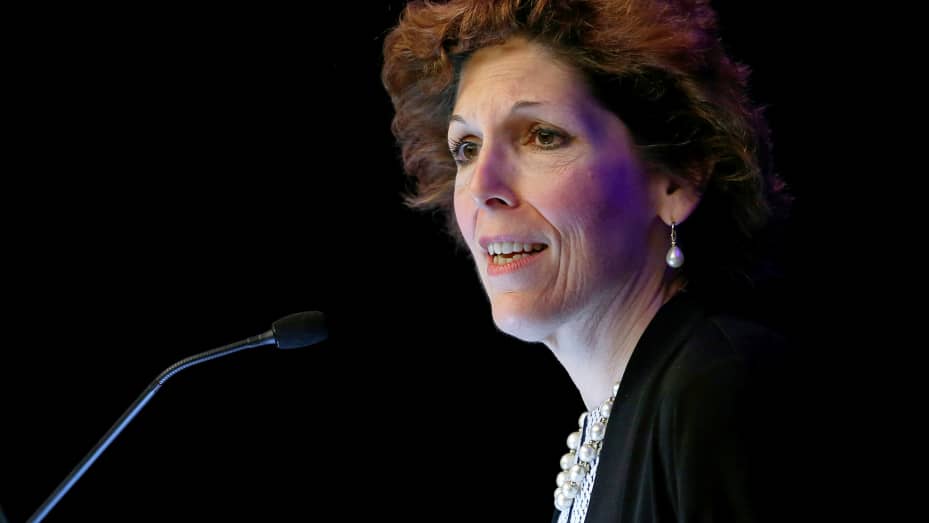
Salesforce reported higher profits in the first quarter as margins exceeded expectations. The company's quarterly earnings and revenue surpassed Wall Street's estimates. Salesforce also raised its earnings outlook and margin targets for the year while maintaining its revenue guidance. However, shares fell 4.3% in after-hours trading. In the past quarter, Salesforce recorded a net income of $199 million, or 20 cents per share, compared to $28 million, or 3 cents per share, in the same period last year.
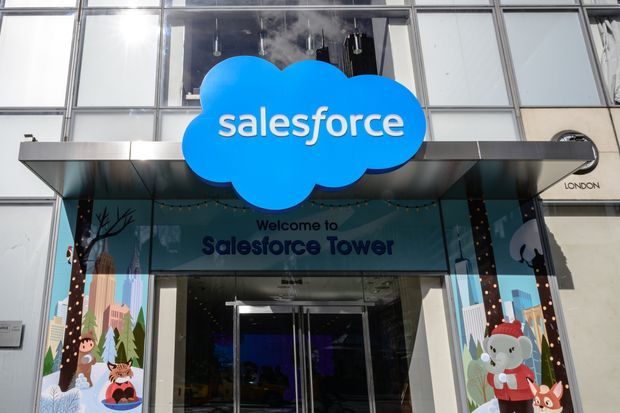
- Instagram has shared details about its content recommendation system, highlighting the influence of user behavior and interactions on content ranking. Factors such as viewing frequency, engagement with stories, and relationships with accounts impact the visibility of posts. Similarly, Reels recommendations are determined by user actions like liking, saving, and sharing, as well as indicators of resharing and engagement.

- Sam Altman is attempting to mend his relationship with European regulators after expressing his opposition to the European Union's proposed AI regulations. Altman initially threatened to withdraw OpenAI's products from Europe if the regulations were implemented. However, he later retracted his comments, stating that OpenAI is excited to continue operating in Europe and even expressed the need for an office there. Altman has been on a global tour to promote a light-touch regulatory approach to AI and wants to ensure everyone is on the same page regarding ChatGPT and other generative AI models. Additionally, under Europe's proposed AI regulations, companies providing AI services in the EU will need a presence there, prompting Altman to establish an office in Europe. He plans to meet with EU regulators to discuss the implementation of the regulations and a voluntary "pact" that encourages companies to adopt the regulations ahead of their enactment.
- Instacart has launched a new feature, "Ask Instacart," that uses OpenAI's GPT technology and Instacart's own AI models to suggest grocery products in response to customer queries. This feature allows users to ask questions about items they might need for a specific meal or occasion, and receive AI-generated suggestions from Instacart's more than 80,000 retail partner locations. Suggestions are based on both user queries and past purchase histories. The tool is designed to help users plan their food purchases rather than just deliver them. This feature will be expanded to all Instacart users in the U.S. and Canada in the coming weeks.

- According to a report from influencer marketing platform Aspire, YouTube has emerged as the most profitable platform for creators, despite Instagram and TikTok being prioritized by most marketers and influencers. The survey found that about half of YouTube content creators earn over $500 per month from brand partnerships, compared to 40% of Instagram creators and 36% of TikTok creators. Moreover, 6% of YouTubers earn $10,000 or more monthly from brand deals, compared to 3% of Instagram creators and 2% of TikTokers. Higher earning potential on YouTube is attributed to higher engagement rates, averaging at about 50% across all influencer tiers, compared to 17% on TikTok and 3% on Instagram. Despite this, only 3% of creators cited YouTube as their "main platform of choice", with the majority preferring Instagram (60%) and TikTok (32%).
- Atly, a social mapping platform, has launched with $18 million in funding. The platform allows users to create their own theme-specific communities focused on real-world locations, similar to Reddit. Atly, previously known as Steps, has gained over 120,000 members and 6,500 map-centric communities, primarily in the US. Atly plans to generate revenue by enabling community managers to charge for access to subscription-only maps and aims to provide an expansive and trustworthy social platform for finding and sharing location-based information, filling a gap left by existing solutions.
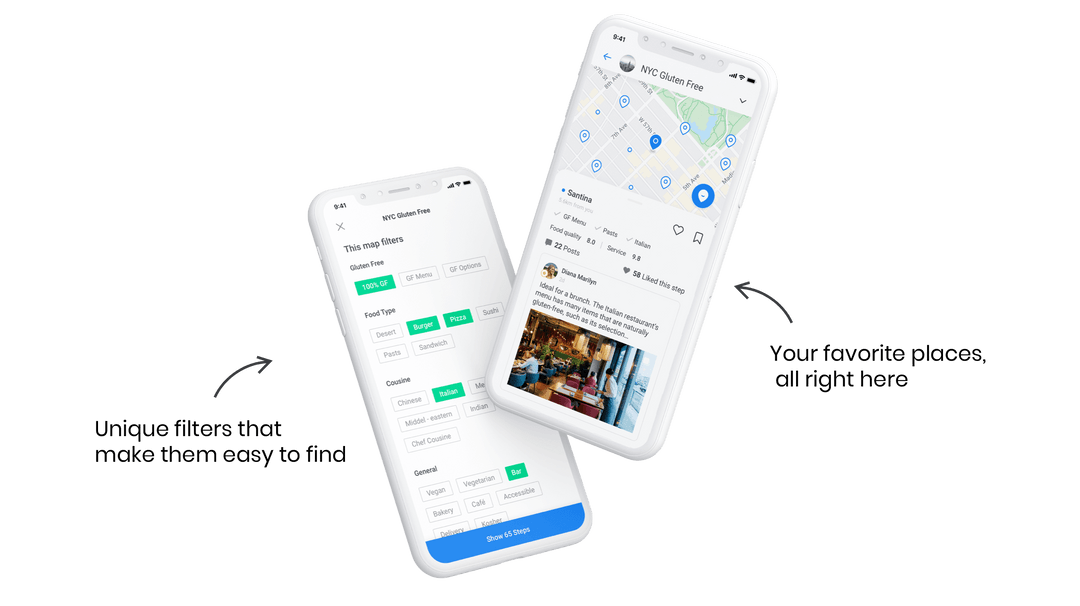
- Dentsu's latest report on ad spending for 2023 shows a slowdown in growth, primarily driven by inflation rather than increased ad spend. The global ad spend forecast for 2023 is expected to reach $727.9 billion, a modest growth of 3.3% compared to the previously forecasted 3.5%. The reduced growth projections can be attributed to categories such as automotive, pharmaceuticals, and travel/transport experiencing diminished ad-spend growth. The only categories expected to show increased ad-spend growth are cosmetics/personal care and telecommunications, but both are still projected to grow less than 5%. The Asia Pacific region is expected to have the highest percentage growth, followed by the Americas and EMEA. While traditional display growth is slowing, emerging digital categories such as retail media, connected TV, and programmatic ad inventory are expected to experience rapid growth. Total TV spend is predicted to drop by 3.1%, while out-of-home is forecasted to grow by 3.8%. Print continues to decline, and audio shows slim growth.
- Sean Combs has sued spirits company Diageo, claiming it has neglected the DeLeón tequila brand they co-own while investing in other brands, including George Clooney's Casamigos. Combs also accused Diageo of racial discrimination, asserting it categorized DeLeón as an "urban" and "Black brand." Combs seeks a court injunction to force Diageo to abide by their 2013 joint venture agreement. Combs has expressed his dissatisfaction with Diageo's management of DeLeón for years, raising issues including out-of-stock products, limited distribution, and problematic redesign and pricing changes. The suit also highlighted that Diageo did not allocate available agave to DeLeón during a shortage of the tequila ingredient in 2020 and 2021. Despite booming U.S. tequila sales, reaching $11.7 billion in 2022, DeLeón ranks 28th in U.S. tequila sales, while Casamigos leads the market.
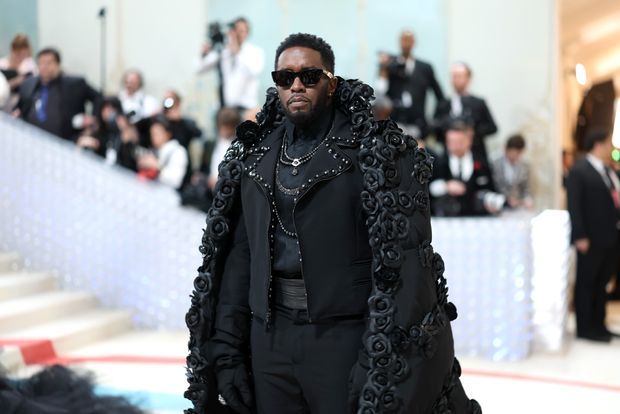
- Apple is readying the launch of its mixed-reality headset, which represents the company's most complicated and riskiest product since the iPhone, and will test Apple's prowess in design and manufacturing. Expected to cost around $3,000, the headset's unique curved design, light weight, and thinness have presented manufacturing challenges, especially concerning the device's curved glass and the alignment of a dozen cameras and sensors. These manufacturing complexities, along with its high price, may result in less than half a million units shipped in the first year, a significantly slower start compared to previous Apple products like the iPhone and Apple Watch. Apple is expected to ramp up manufacturing by July 2023 for a likely fall or winter release. Despite the product's challenging design and a shift in manufacturers (from Pegatron to Luxshare).
- Character.AI, an AI chatbot startup backed by a16z, has achieved over 1.7 million installs within its first week of launching. The customizable AI companion app offers distinct personalities and allows users to create their own characters. Founded by former Google AI researchers Noam Shazeer and Daniel De Freitas, Character.AI gained attention due to its founders' background in developing conversational AI models. The app saw strong initial performance on Google Play, surpassing popular entertainment apps in terms of Android installs. The company also reported high engagement rates and the creation of over 10 million custom AI characters.

- Sephora is partnering with content creators, focusing particularly on those from BIPOC communities, to have a lasting impact. This move, discussed during Adweek's Social Media Week, is a part of Sephora's Accelerate program, which aims to cultivate a community of innovative beauty industry founders, particularly those of color. This is in line with Sephora's commitment to the 15 Percent Pledge. Since 2020, the program has supported 23 more brands, over half of which are now featured on Sephora's shelves. Additionally, in collaboration with TikTok, Sephora has launched the Sephora x TikTok Incubator Program to empower diverse creators and selected Sephora Accelerate brands to grow their businesses on TikTok.
- Snapchat has introduced a new generative AI feature called "My AI Snaps" for its paid subscribers. Users who have a Snapchat+ subscription can send Snaps of their activities to the My AI chatbot and receive a generative Snap back in return. The feature, previously previewed at the Snap Partner Summit, focuses on entertainment and allows users to receive fun photos or recipe suggestions based on the content they share.

- Elon Musk's acquisition of Twitter, valued at $44 billion last year, is now estimated to be worth only a third of that price, according to Fidelity, an investment firm involved in the deal. Twitter's valuation has consistently declined since Musk's takeover. The company's revenue has suffered due to a significant loss of advertisers and unsuccessful attempts to generate income through subscription services such as Twitter Blue and Subscriptions.
- A recent survey found that nearly 60% of people in the UK would like their government to regulate the use of generative AI technologies such as ChatGPT in workplaces to help protect jobs. The research, conducted by the Prospect trade union, indicates public support for rules and regulations surrounding the usage of these AI technologies.
- Nreal has rebranded itself as XREAL and announced a new adapter called XREAL Beam for its Air glasses. The adapter allows the glasses to support a wider range of devices, including iPhones, consoles, and PCs. The rebranding and introduction of the adapter come as the company encountered disputes over its previous name. The XREAL Beam adapter provides 3DoF tracking for all devices and enables wireless casting for iPhones and HDMI to USB-C connectivity for game consoles.
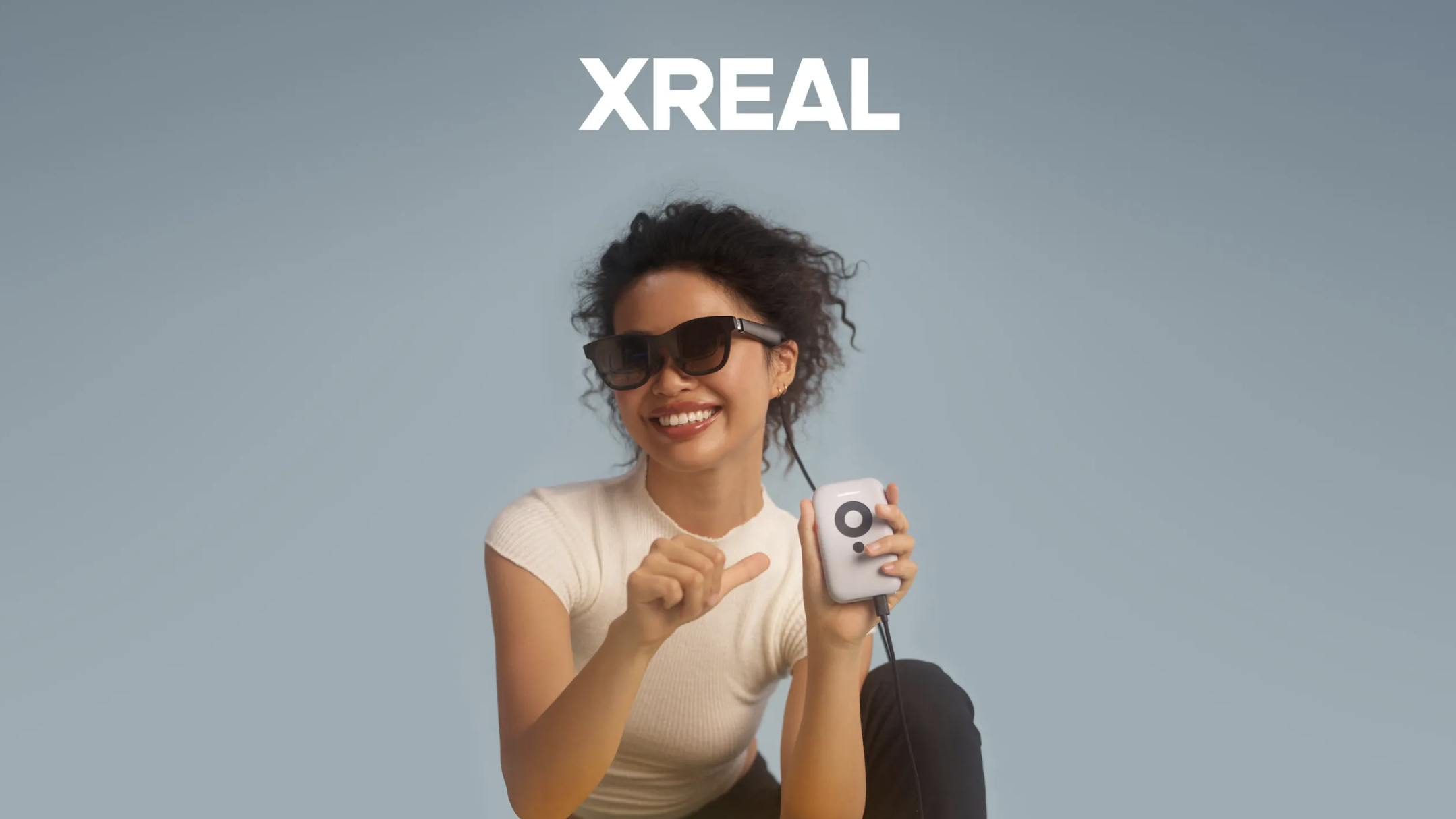
- Meta has issued a threat to remove news from its platforms in California if the state passes a law requiring technology platforms to pay publishers. The bill, known as the Journalism Preservation Act, aims to seek compensation for publishers based on the value they create for platforms like Meta. If the legislation passes, Meta claims it would be forced to remove news from Facebook and Instagram rather than pay into a fund that benefits out-of-state media companies. This move would prevent users in California from accessing and sharing news content on the platforms.
- The Pixel Fold, Google's first foldable phone, features a custom-built, 180-degree fluid friction hinge that enables its thin design. Unlike other foldable devices, the hinge of the Pixel Fold is located at the ends of the device, rather than under the display, allowing for a thinner profile. The team drew inspiration from various sources, including paper folding, books, and passport books, aiming to create a hinge that seamlessly blends the two sides together when closed. They focused on achieving a smooth and reliable torque for the folding action, resulting in a satisfying "vacuum" sensation and a distinctive sound when the phone is folded shut. To ensure durability, the team extensively tested the hinge through manual folding, machine testing, and user feedback, ultimately using heavy-duty stainless steel for its construction.

- Apple’s Learning Curve: How Headset’s Design Caused Production Challenges
- Create a Private Social Space, Far From the Maddening Crowd
- The first episode of ‘Black Mirror’ S6 is a subscriber’s worst nightmare
- Amazon’s Ring agrees to pay $5.8 million to settle FTC spying suit
- NFL labor union is out almost $42M thanks to crypto collapse
- A Week With the Wild Children of the A.I. Boom
- Amazon Workers Walk Out Over Layoffs and Broken Climate Promises
- Whitehouse Post New York Promotes Ryan Smith to Executive Producer
- Amazon Turns to AI to Weed Out Damaged Goods
- Apple might announce ‘several’ Macs at WWDC
- Apple's Studio Display is on sale at a record-low price ahead of WWDC 2023
- Beat Saber may be heading to Apple's VR headset
- Meta Begins Beta Testing Members-Only Spaces in Horizon Worlds
A brand identity built in Excel



As always, send us feedback at: thebrandtrackers@gmail.com
Member discussion